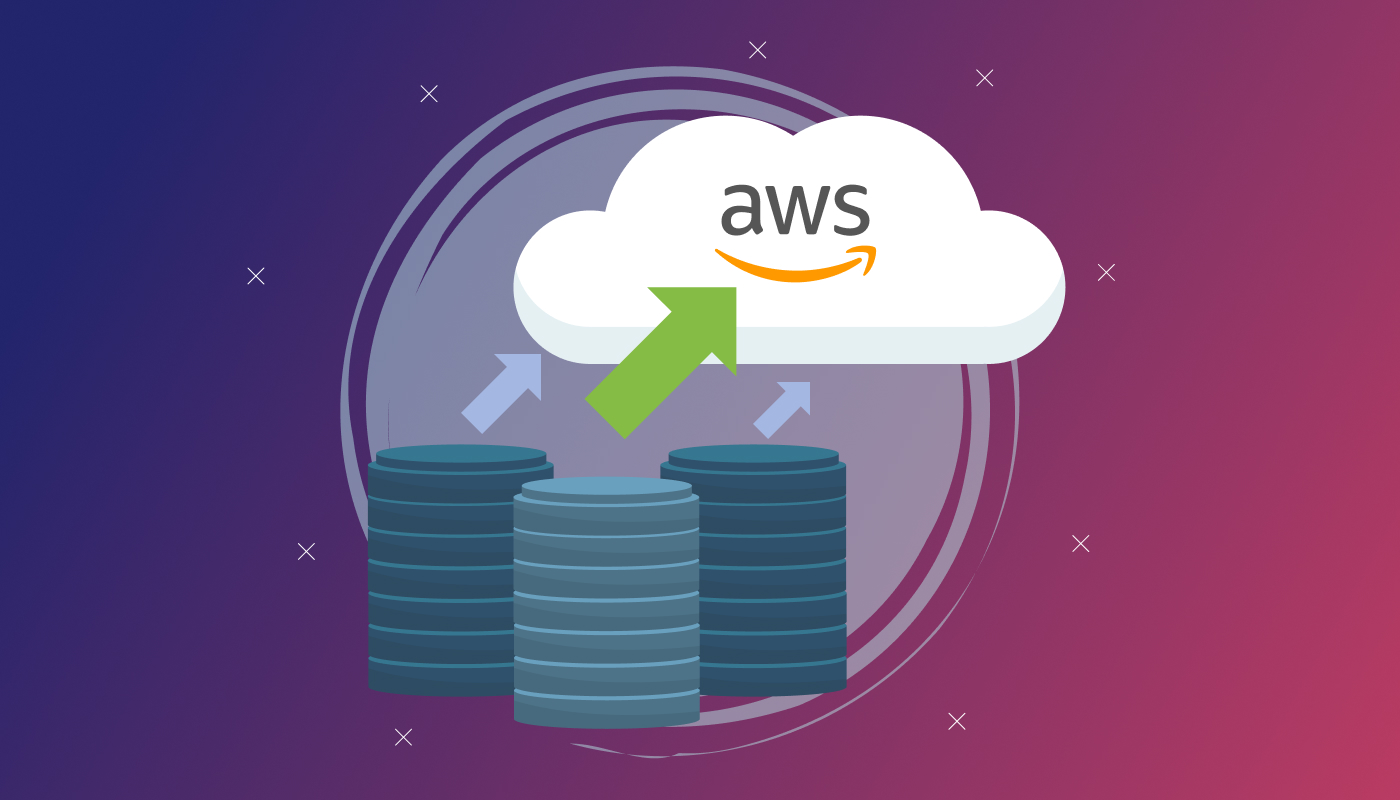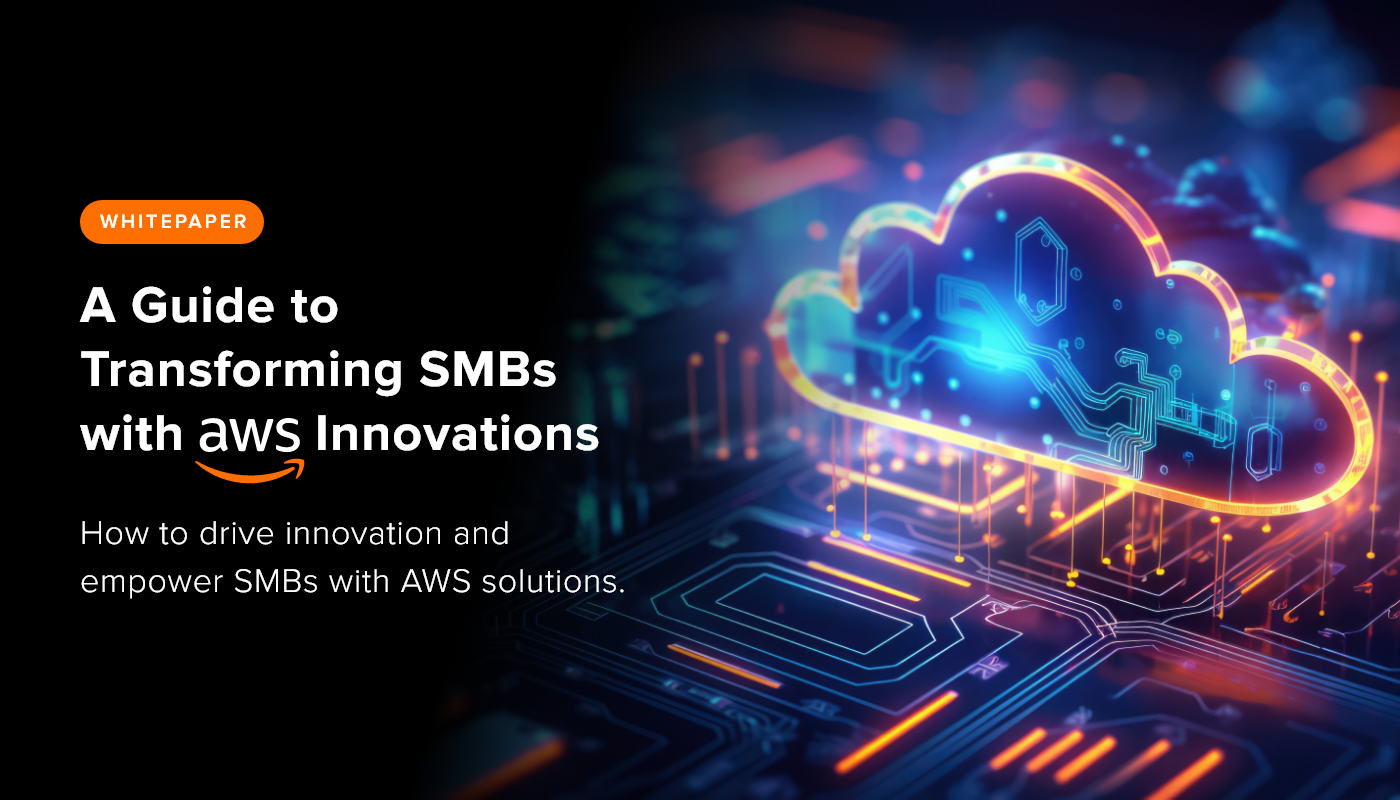How Supply Chain Analytics Tools Is Driving Businesses

Supply Chain is the last piece of the puzzle that perfectly fits in between manufacturing, distribution, and end customer. Supply chain management implies scheduled production, synchronization between various parties, and transparent data sharing. Manufacturing, retail, and FMCG use intelligent data insights generated with the help of various supply chain analytics tools to achieve the aforementioned goals.
What Is Supply Chain Analytics?

Supply chain analytics is the study of data collected during SCM using various Supply Chain Analytics tools to draw real-time insights. These insights can help in taking iconic decisions to improve logistics or remodel the supply chain environment.
The quintessence of supply chain analytics can be broadly broken down into three components – data analytics, data visualization and a tech platform to support that.
How Supply Chain Analytics Helps Your Business?
Tracking materials becomes easier
Big businesses have warehouses spread across the world. This demands an effective real-time monitoring of stocks and a detailed representation of excess and shortages of stock to meet the demand-supply gap.
Supply chain analytics clearly represents those data over a dashboard helping to reduce excess inventory storage expense, track defective items, and plan logistics cost effectively.
Helps in effective business planning
Supply chain analytics tools offer unprecedented information processing the data gathered in supply chain cloud which can be leveraged for effective business planning.
Business analytics will give an overall understanding of dynamic market conditions and the latest market trends. It will also point out areas in supply chain management that needs to be ramped up. Accordingly, a business plan can be drawn ramping up supply chain operations and keeping a smooth flow of products into the market in conjunction with demand.
Reduces Costs
Supply Chain analytics can help effectively understand the dynamic changes in market demand and make instant decisions in production planning to prevent the blocking of capital in non-moving stocks.
It can also help in preparing effective logistic routes and placement of SCM facilities at strategic points to send goods to the market at the least possible cost.
Five Types of Supply Chain Analytics
1. Descriptive Analytics
Intends to seek answers to questions like “What is the average time to market for a certain product in the past quarter?” or “How has inventory cost been reduced in the past six months?” using KPI and metrics. It involves using dashboards and statistical tools to find out information about operations in the supply chain.
2. Predictive Analytics
Predictive analytics tries to foresee and predict the future by analyzing current data. For example, “How did the Russia-Ukraine war impact the availability of a certain petrochemical raw material?”
3. Prescriptive Analytics
Prescriptive analytics involves prescribing a solution or automating the best course of action after analyzing the SCM data. This can help in decision making with where to rent a new warehouse, or what raw material needs to be stocked up.
4. Diagnostic Analytics
Diagnostic Analytics deals with keenly tracking SCM data to diagnose a certain problem in the supply chain like excessive RTO (return to origin) for an eCommerce product, or frequent delays in the delivery of goods through a certain route.
5. Cognitive Analytics
This works almost like the human brain works using AI/ML technologies trying to understand, reason, learn and find a solution like a human but with humongous amounts of data over a short period of time.
Implementation of Supply Chain Analytics Tools
Predictive analytics for UPS package tracking
UPS, a multinational package delivery company, roughly delivers 21 million packages on a given day. Earlier they used to rely on historical data and their experienced planners to move packages, track and share delivery status with the customers.
They built a business intelligence platform, HEAT (Harmonized Enterprise Analytics Tool) on Google Cloud platform to capture and analyze customer data, operational data, and planning data to track the real-time status of every package anywhere in the company’s network across the globe. HEAT analyzes more than 5.3 petabytes of data weekly leveraging predictive analytics, Machine Learning, and multi-model forecasting for better planning and management of the network.
Pfizer managed Pfizer-BioNTech Covid-19 distribution
Pfizer’s Global Supply – DOC (Digital Operations Center) has been a key factor in the successful distribution of Covid 19 vaccines. Analyzing supply operational data helped in predicting an issue even before it happens and identifying opportunities to reduce up to 10% of cycle time in some manufacturing areas. To quote, Lidia Fonseca, Executive Vice President and Chief Digital and Technology Officer at Pfizer “The DOC allows teams to mine data to provide analysis on variations compared to previously estimated standard lead-times, enabling further improvement opportunities.”
Lenovo improved its supply chain with AI-driven insights from IBM Watson
Lenovo partnered with IBM Sterling Supply Chain which in turn again leverages the AI-driven capabilities of IBM Watson. Lenovo was able to receive a lot of cognitive and predictive analytics data and improved the efficiency of its supply chain from the information provided.
Conclusion
Supply chain analytics tools provide next-generation level insights that go beyond the visibility of traditional tools. With the integration of embedded AI, they can synchronously disseminate information with an end-to-end visibility across the supply chain.This in turn creates transparency and grows multi-party collaboration. It is very important to leverage supply chain analytics to stay ahead of the competition for today’s businesses.










